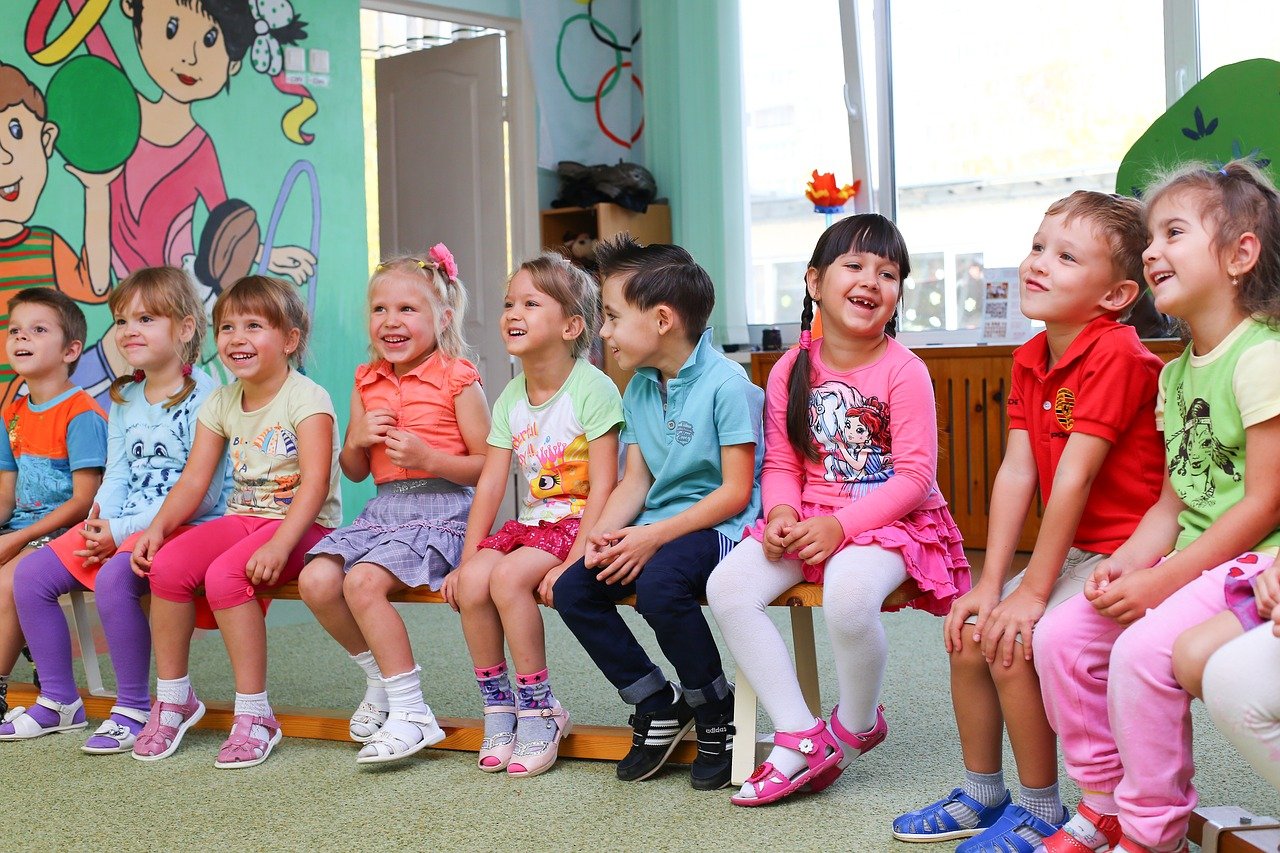Don’t Obsess so Much Over Developmental Milestones

It’s natural for parents to stress over their child’s development, rejoicing when the child achieves milestones “ahead of schedule” and fretting about any perceived delay. Parents may compare their child to other children of the same age, read books about developmental milestones with trepidation, and wonder if their child is developing at a “normal” rate.
But, for the most part, all of this worrying and progress-tracking is unnecessary. Developmental milestones aren’t as important as you would believe, and emphasizing them too much can be detrimental to your child.
Milestones are an Average of Child Development on a Continuum.
Every child is unique, and each child develops at his or her speed. Because milestones are only averages, individual outcomes will naturally vary. Outliers will exist at both ends of the spectrum.
Child development is a series of skills that children learn as they grow. You don’t need to worry about when this happens as long as your child is going through these stages.
Use a list like this one, developed by the Centers for Disease Control and Prevention (CDC) and used by the American Academy of Pediatrics, as a guide if you want to use developmental milestones as a guide (APA). It pushes developmental milestones to the extremes of a reasonable range. Walking, for example, may begin at the age of 18 months. Some children do not walk until they are closer to 20 months old and are still totally healthy.
Don’t Be Hasty With Your Child
When you are overly concerned about your child’s development, you may try to speed him or her through the developmental sequence.
This can be dangerous. “This can lead to teaching…[kids] splinter skills and driving them toward the next milestone before they have had a chance to consolidate their skills or before they are ready,” explains occupational therapist Lourdes Brewer.
Each stage of growth teaches your child essential abilities. Allow your child to learn these abilities at his or her speed rather than pressuring him to accomplish them at a “normal” rate.
Spend time bonding with and chatting with your child, providing “tummy time,” playing games, engaging your baby’s senses, and helping your baby feel comfortable to encourage healthy development. Instead of stressing over a developmental checklist, enjoy early motherhood and what your child is accomplishing.
Still, concerned?
Consult your pediatrician if you are still concerned about your child’s development. They might be able to put your mind at ease.
Even if your child has a developmental delay, keep in mind that it is not your responsibility. And it’s most likely repairable: Because 90 percent of a child’s brain develops by the age of five, children are more likely to recover with the help of therapy if delays are detected early.






